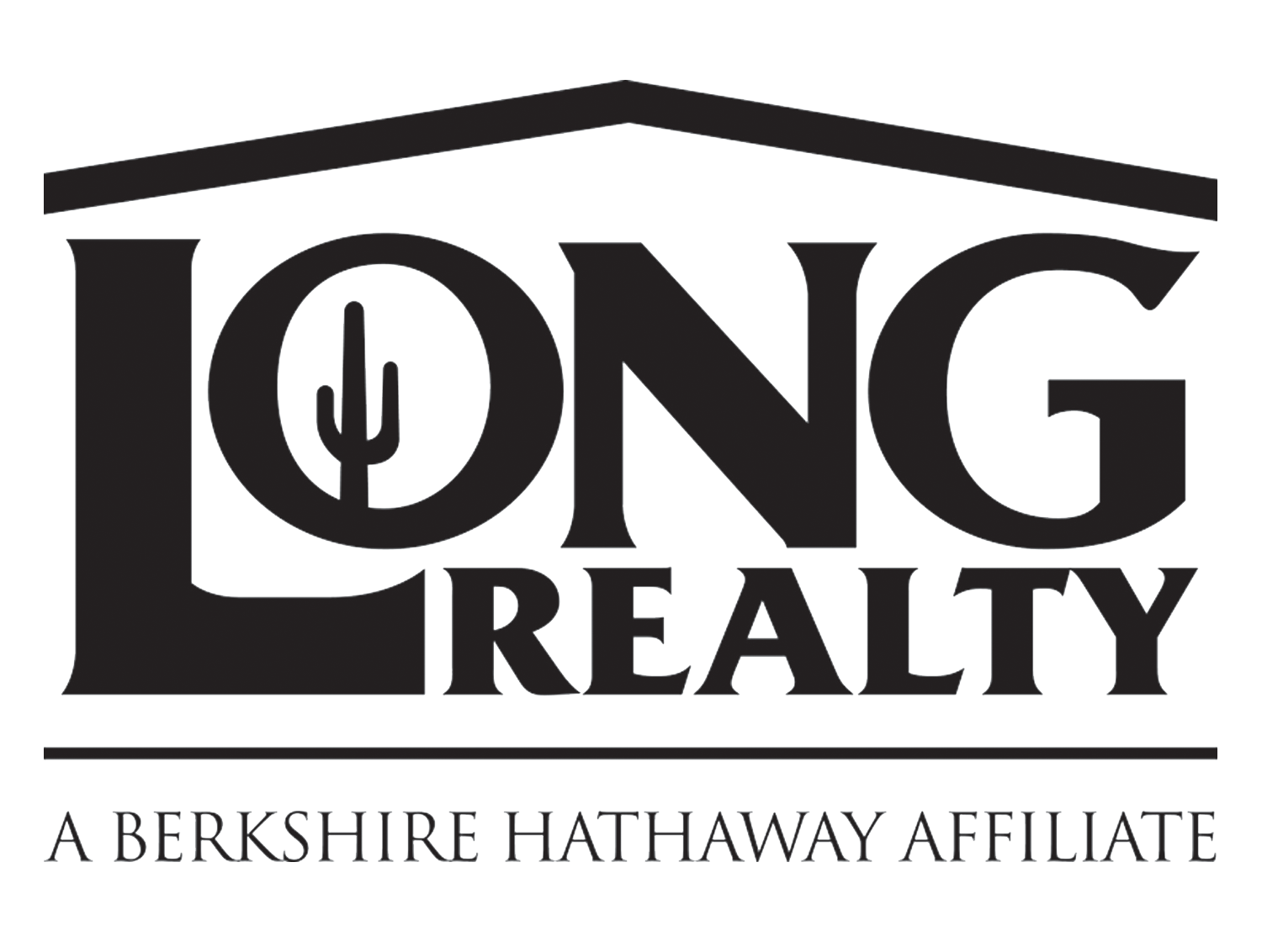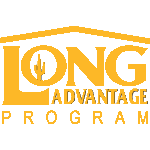Before purchasing any home it is customary for the buyer to provide earnest money as a sign of good faith towards their intention to complete the purchase. In essence this shows the seller that the buyer is serious and they’re willing to deposit money as a declaration of this intent. This earnest money deposit should always be given to a reputable and trusted third party like an escrow company, but the deposit amount can vary and normally is applied as part of the buyer’s down payment at closing. It’s also worth noting that the contract signed by both parties will typically lay out the terms of this earnest money and who may have claims (buyer & seller) in the event of buyer default, seller default, or other contractual outcomes.
Now, with most new construction in the area it is common that the builder sets a specific earnest money deposit that is required at the time of contract. The amount required varies from builder to builder and even from subdivision to subdivision but will typically range from 1-3% of the purchase price. This may be negotiable, so if the amount required is more than is comfortable for a buyer or the amount seems inordinately high, make such an inquiry.
Here’s where it gets interesting. With a new construction home it is important to read the contract to determine where the earnest money is delivered to and where and for how long it will remain there. Some builders will receive the earnest money directly to use and this puts the buyer in a much more precarious situation should the builder default on the contract or even go out of business. Other times the builder will have the buyer deposit the earnest money to a third party, typically an escrow/title company, but they may have that money transferred after certain criteria are met. Again, anytime the builder themselves takes possession of the funds it puts the buyer at more risk. In today’s market it is strongly advised that buyer’s specify they want the earnest money deposit held in neutral escrow until the closing. This will better protect the buyer’s money in the unlikely event that the builder goes out of business or defaults in some other manner.
Some builders may not agree to have the earnest money stay in neutral escrow or even be deposited there to begin with, so a buyer may have to make the determination of taking a risk with their money should this occur and they still want to proceed with the purchase. Nearly all the time this won’t be an issue but there have been circumstances in which buyer’s have lost their earnest money deposit when a builder goes out of business. Keep in mind that having the money held in neutral escrow doesn’t guarantee the buyer will get their money returned should they not purchase the house. It often is spelled out in the new construction contract that the buyer’s earnest money is liquidated damages should the buyer cancel, and this occurrence may be dependent upon a certain timeline or benchmark.
It’s worth noting that while buyer’s are putting up earnest money and potentially incurring some risk, the builder’s themselves take a larger amount of risk in building a home for a buyer too. Should that buyer walk away the builder is now left with a home at some stage of completion and typically after a large outlay of money by the builder. The amount of most earnest money deposits does little to compensate for a lost sale and the enormity of costs incurred in constructing a new home. This risk is particularly increased when buyers are allowed to customize the home to their liking with structural options, design, and color options as the original buyer’s tastes may have been abnormal or more difficult to market to future buyers. This is worth noting so you can view the transaction from a builder’s standpoint as well and make well thought out decisions while still protecting your interests.
The bottom line with earnest money deposits in general and new construction in particular is to read the contract and fully understand how much is needed, where it will be placed, how long it will stay there, and under what circumstances the various parties may have claim to it. Protecting your interests and having a complete understanding of your risk will make your purchase a much smoother and enjoyable journey.








Connect With Us!